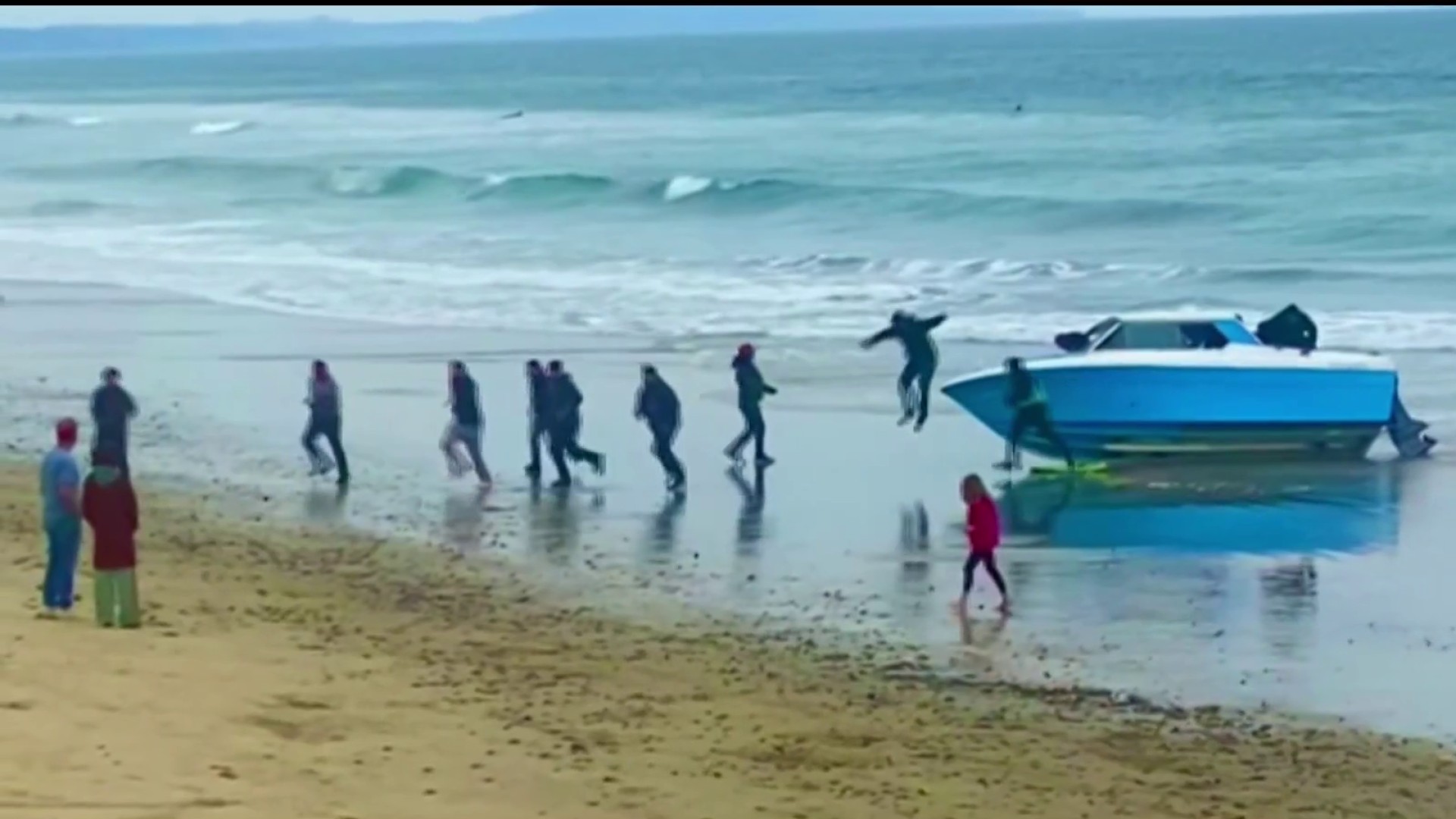Football folks do not like to admit anything bothers them, ESPECIALLY not the weather.
It's why you'll see linemen go without long sleeves in snow storms. Weather is just something football teams deal with for a few hours on a Sunday afternoon.
The issue seems to come up even more when a team from a city with predominantly nice weather goes to a place with predominantly awful weather.
That's the case this week when the Chargers play the Chiefs in Kansas City.
Kickoff at Arrowhead Stadium is set for noon, when the weather forecast calls for a balmy 29 degrees or so. It should "heat up" to around 33 degrees by the end of the game.
So, inevitably, the questions came this week about how the Chargers will deal with going from "70 and sunny" to "how do people actually live in these conditions?"
"When we go on the road in the cold environment," said head coach Mike McCoy, "we obviously can't replicate that here. We'll go on the road, it'll probably be a little cooler, but it's all part of it."
Okay, so they say it's not going to affect the players. But what about the game itself? Wind and rain have a tangible impact on a sporting event. Does extreme cold do the same?
"I don't think so," said offensive coordinator Ken Whisenhunt, who spent 10 years as an assistant coach in Pittsburgh, Baltimore, New York and Cleveland. "Once you get out there and start competing, you kind of forget about that."
Local
I can see that on offense and defense, but what about Special Teams? Wouldn't the cold air make a difference on field goals and punts?
"I went to Georgia Tech," said Whisenhunt. "I'm an engineer so maybe I should be able to answer that question, but really, I don't know. I will say this, as a non-scientific answer, the ball doesn't seem to go as far when it's a little bit colder."
The reason it seems that way is it really is that way. You see, cold air is more dense than warm air. A football has difficulty traveling through air that is more dense. In fact, earlier in 2013, a group of researchers from MIT presented a study where they looked specifically at several factors that may affect field goal success.
One of the factors looked at was severe cold, and sure enough, field goals beyond 25 yards are more difficult to make when the temperature drops.
For example, a 45-yard attempt is missed 18 percent more often when the temperature is between 21 and 30 degrees Fahrenheit (like it will be at game time on Sunday) than it is under mild (51-60 degrees) temperatures.
So, while the players and coaches may not feel cold weather will bother them, the football they're throwing, catching, and kicking certainly will be altered. Considering the fact the Chargers have already lost two games by a field goal, and another by four points, the cold may play a much larger role in Missouri than they even realize.



